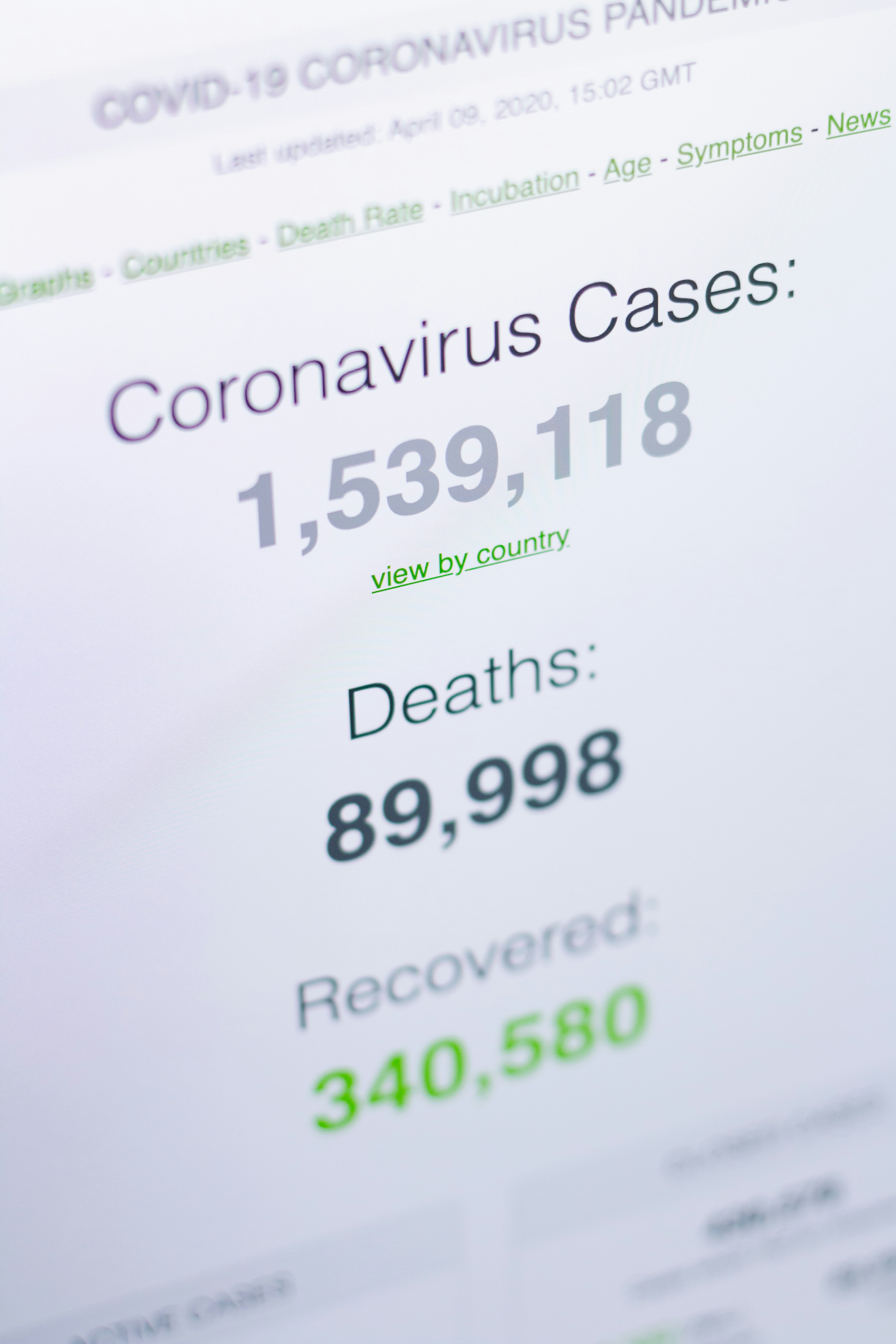
A new examine suggests common aspirin use in older adults might pose a critical danger of anemia, including to current analysis that challenges the long-established suggestion to make use of aspirin as a preventative remedy for harmful cardiac occasions. The outcomes come only a 12 months after a nationwide unbiased process drive up to date formal suggestions in April 2022 cautioning these over the age of 60 towards starting a every day aspirin routine.
For many years, aspirin has been used like a vitamin by a large portion of America’s ageing inhabitants. Analysis way back to the 1950s confirmed a every day low dose of the anti-inflammatory remedy may assist stop ailments like coronary heart assaults and stroke. Finally, the advantages of the routine turned widespread information, and older adults added the over-the-counter remedy to their pillboxes with none kind of formal doctor suggestion. In 2021, 45% of Individuals over the age of 75 reported taking every day low doses of aspirin. Its well being advantages and low price have made aspirin essentially the most broadly used remedy on the earth.
Learn extra: Ought to You Take Aspirin Each Day? Right here’s What the Science Says
Nonetheless, these advantages have been principally noticed in research of comparatively younger cohorts. In recent times, analysis has centered on the older populations almost certainly to make use of aspirin repeatedly, and has discovered {that a} every day aspirin routine has been linked to extra main bleeding occasions, like aneurysms, usually at a fee that exceeds the chance of coronary heart illness that aspirin use is meant to forestall.
Extra from TIME
The brand new analysis, revealed June 20 within the Annals of Inner Medication, is the primary to point out a danger of extra minor blood-related circumstances in every day aspirin customers. As a part of the the Nationwide Institutes of Well being-funded Aspirin in Lowering Occasions within the Aged (ASPREE) examine, a workforce of researchers within the U.S. and Australia recruited greater than 18,000 individuals over the age of 65, and gave all of them both 100 mg of aspirin or a placebo capsule every day for almost 5 years. When accounting for different main ailments, bleeding occasions, and well being elements represented within the group, the workforce discovered these taking aspirin have been 20% extra more likely to be anemic than those that didn’t.
Anemia, a dysfunction during which the physique runs low on the purple blood cells required to move oxygen all through the physique, can have a number of penalties within the aged. Frequent anemia signs like fatigue, low blood stress, and excessive coronary heart fee will be additional dangerous for the aged.
Within the case of aspirin use, associated anemia would possible be attributable to slower blood loss as a result of aspirin’s anti-clotting results, both through minor harm or mild inner bleeding. This could additionally result in critical iron deficiencies. Researchers discovered the members taking aspirin additionally had decrease ranges of hemoglobin and ferritin, two essential proteins that assist blood cells carry oxygen. Due to this, they suggest that older adults who take aspirin—significantly these with current persistent circumstances that put them at elevated danger for anemia—obtain common blood testing to make sure that their hemoglobin ranges stay inside a protected vary.
Extra Should-Reads From TIME



